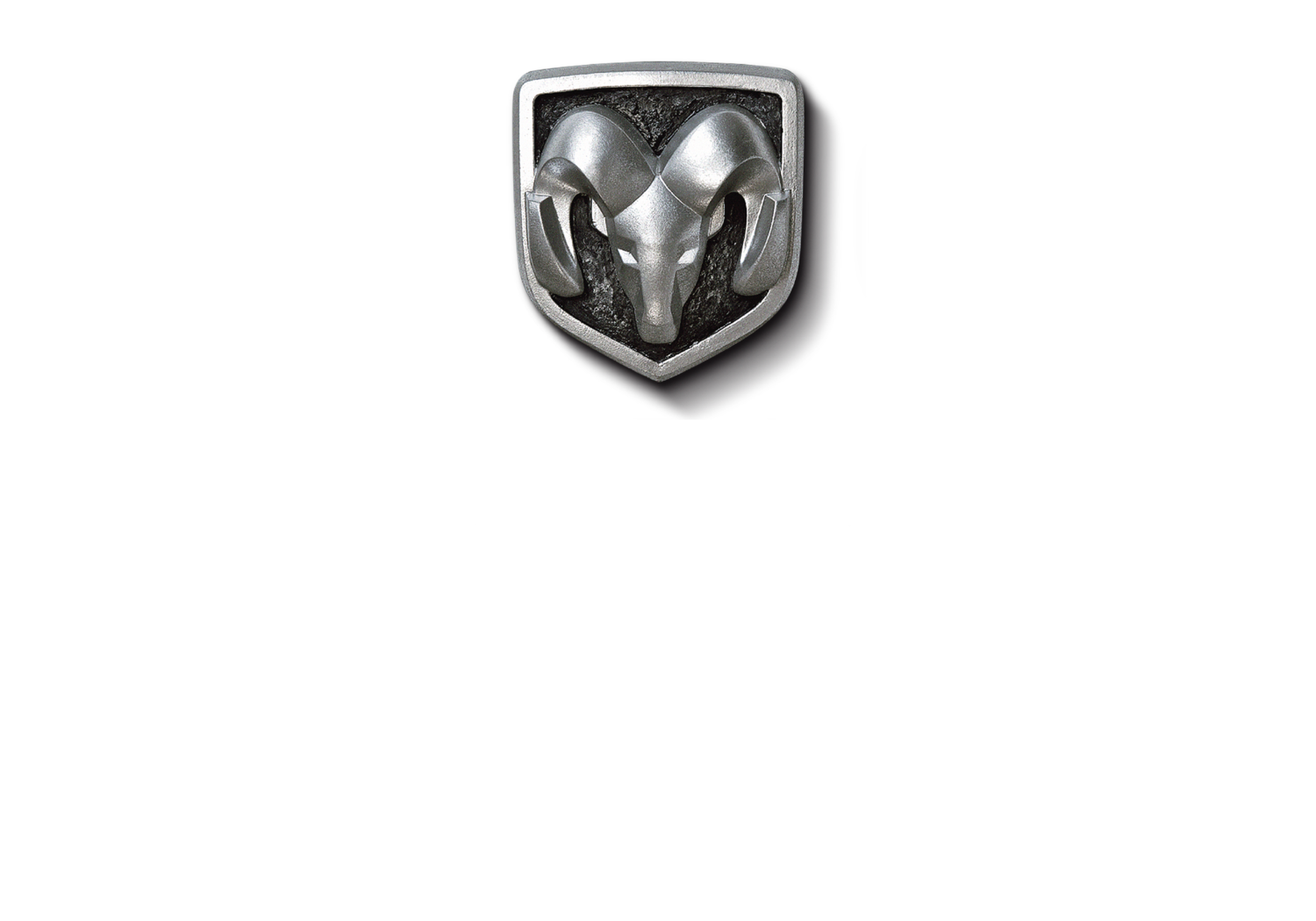Radkey driven to success by Dave Grohl documentary
Radkey had the honor of being one of the youngest bands to be included in Foo Fighter Dave Grohl’s recent documentary “What Drives Us.”
It was a nice moment for Radkey, a band of three brothers who grew up an hour outside Kansas City, Missouri. There, they were homeschooled by their mom and managed by their father, a former Walmart loss prevention officer.
So after a full decade of touring and recording under the music-industry radar, Isaiah, Dee and Solomon Radke — who are now all in their 20s — were blown away by the opportunity to tell their stories of slogging around the country in a feature-length film whose other interviewees range from Mike Watt of the Southern California punk band Minutemen to Ringo Starr from a band called The Beatles.
Since then Radkey have opened a half dozen shows for the Foo Fighters and are now opening for the Offspring on that band’s spring/summer tour, which comes to the Tabernacle on May 8. Isaiah recently took time out to talk about the band’s music, their unexpected break, and the experience of being a Black rock act in an overwhelmingly white industry.
Q: So let’s put this in context. Dee wears a Nirvana t-shirt in a promo photo, and the next thing you know, Dave Grohl is putting you in his documentary and taking you out on his tour. Is there a connection there?
Isaiah Radke: Well, what happened was, we did a short tour with L7 a couple years back. And later, she (L7 frontwoman Donita Sparks) ended up calling us with the opportunity and a press contact. And we were like, okay, cool. So that was cool for her to hook us up, because it was actually Dave Grohl’s people. They were looking for a band in a van, on the ground, kind of like us. So it was perfect.
Q: Were you in your van when you got the call from her?
A: We were actually having breakfast at McDonald’s.
Q: That’s a pretty good way to start the day.
A: Yeah, that was a game changer. Because then, you know, you’re sitting there kind of thinking, “Man, I wonder if we’ll be able to like change up everything, even including breakfast spots.”
Q: And has it changed? Does it feel different?
A: Well, I mean, right now it does…Like, it’s mostly just been a lot of downtime since the pandemic, so it’s hard to really gauge it. But right now it feels really good.
Q: Mike Watt, one of the musicians who’s also featured in the film, was in a similarly themed movie called “We Jam Econo.” Was the punk scene’s DIY aesthetic an influence on the band.
A: Well, I’ve never seen that movie, which is kind of crazy. But we’ve always watched band movies, like “Back and Forth” by Foo Fighters. Growing up, Foo Fighters was the band that was most present in our lives as kids. And also Weezer.
Q: The song “Judy” on your latest album has a definite Weezer vibe to it.
A: Yeah, they were a major influence on our music. They’re probably one of our favorite bands out there.
Q: People might not expect that, since your band is a lot heavier. Do you feel like you were stretching out more on your current album, “Green Room,” than its predecessors?
A: I would say we’re definitely coming into our sound and finding out what we can do.
Q: Was not having an outside producer this time part of that?
A: Yeah, the more we can figure out how to produce our own music and do things the way we want to, the more you’ll hear a little Weezer nod here and there.
Q: I was also surprised to hear your cover of Bill Withers’ “Ain’t No Sunshine,” which came out soon after his death. Was he an artist you heard in your dad’s record collection?
A: Yeah, like what’s really crazy was that we had recorded that session before he passed. So we figured we’d put it out like, you know, as a tribute, and really kind of celebrate the song and his music.
Q: What other records do you listen to, at home or on tour, that people might be surprised by?
A: We really enjoy Steely Dan, Billy Joel, and things like that. So that’s usually a surprise for some people. And in the van, we listen to a lot of the stuff we grew up with, like the Ramones and Nirvana.
Q: Is it okay if I ask a question about race, as long as it doesn’t involve Death or Bad Brains [bands to which Radkey are all-too-often compared].
A: Cool.
Q: So rock has its origins in Black music. And yet, even today, there are maybe a half-dozen well-known Black rock bands, if that. Do you see that changing anytime soon? And do you think you can be part of that change?
A: I think it could change, yeah. I think it’s just that no one feels like it’s a genre they feel welcome in. Or maybe they don’t really have any interest.
I mean, when we started out, we weren’t really able to get any shows in St. Joe (St. Joseph, Missouri). It was crazy. This place called Hammerjacks, they told us they don’t book rap groups, even though we had given them our CD. There were just so many times when we had to play shows in Kansas City, until at some point, we got big enough that we could play some other venues in St. Joe.
So maybe once they see us doing it, we could get more Black rock bands. Yeah, it would be cool to be a part of something like that.
Original post:
ajc.com


